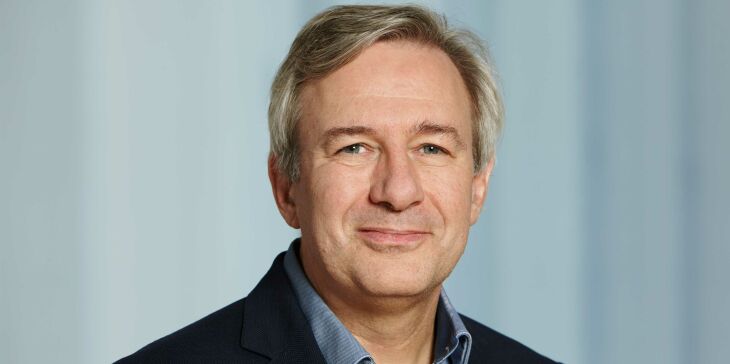Last Sunday, Emmanuel Macron was elected to a second term as President of France. How important is this for the European Union in the current climate?
Frank Schimmelfennig: A win for Marine Le Pen would have sent the EU careening into a severe crisis, because she indicated that she would roll back France’s European integration. It also would have weakened the West’s united front with respect to the war in Ukraine. Macron’s reelection allows the EU and NATO to continue their policies regarding Russia.
The EU has imposed extensive sanctions on Russia, opened its borders to Ukrainian refugees, and financed both the sale and the supply of arms to Ukraine. How stable is this position?
It appears to be very stable. The pivotal factor in the EU presenting a united front is for its member states not to be run by right-wing populist governments that sympathise with Putin. That’s why President Macron’s election victory was so important.
Are there factors that make it harder to present a united front?
The degree of dependency on Russian oil and especially gas varies greatly among the different EU member states, which is a source of conflict in discussions about expanding sanctions. But really it’s less about exactly where we’re heading and more about how long it will take to get there.
Crises have always acted as a catalyst for European unity. How will this war change the EU?
I don’t agree at all with the notion that crises will lead the EU, slowly but surely, to becoming one federal state. Rather, the EU responds to crises by taking small steps and a very targeted approach to problems. But it’s clear that the EU is capable of improving its crisis management. During the euro crisis, it took several years for effective crisis policy to emerge; during the migrant crisis it took months, during the coronavirus crisis weeks and for the Ukraine crisis just days.
















